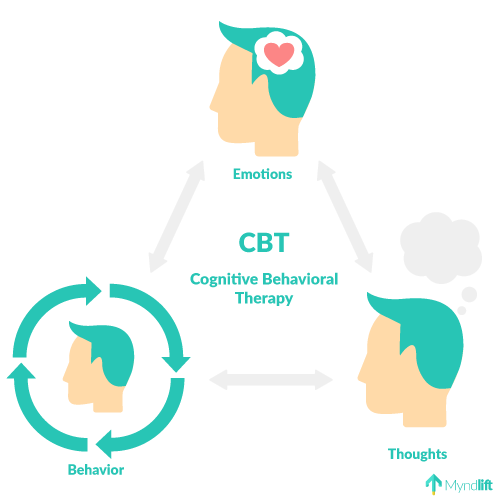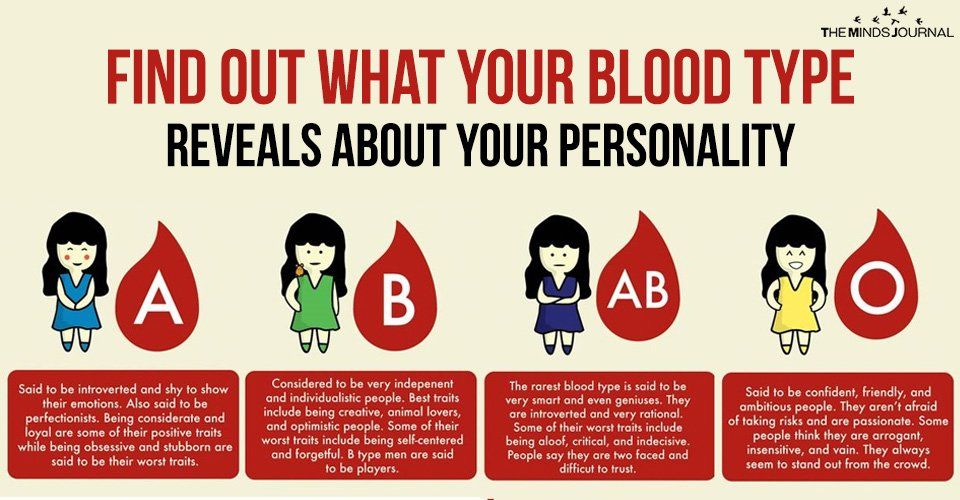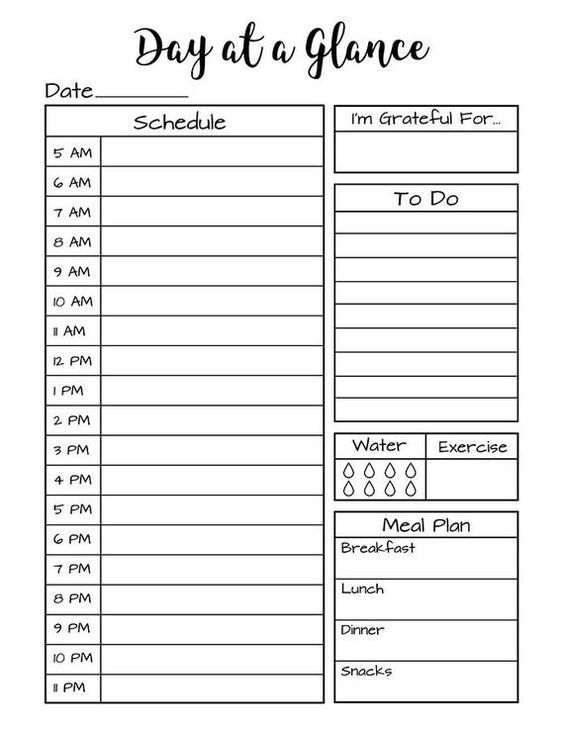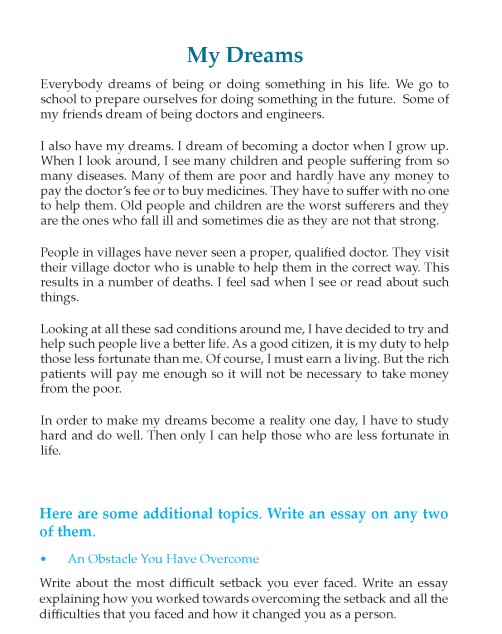Fear of going to the doctors
How to Overcome Fear of Doctors
For some people, going to a medical appointment can be a source of great stress. It’s not just major medical problems and procedures that cause stress, either. Even preventive care visits, routine vaccinations, and basic care can cause some people to have a fear of going to the doctor.
What is a phobia of doctors?
A phobia is an intense fear of a particular thing, sometimes for no real reason. Some people have such an intense fear of doctors that they are said to have a phobia of doctors. The clinical word for this is, “iatrophobia.”
For some people, this phobia of doctors may manifest itself as general anxiety. For others, it could be outright panic.
Why do some people have a fear of going to the doctor?
There can be many reasons a person has a fear of doctors. It could be fear of certain medical procedures, the pain of certain procedures, an anticipated diagnosis, fear that developed due to a bad experience with a certain doctor or during a prior visit to a doctor.
Some people are petrified of needles and are scared that they will have to have a blood test or vaccinations during their doctor visits.
Fear of doctors could also have no rational basis in reality, which is common for many types of phobias.
How do I know if I have a phobia of doctors?
It’s not uncommon to be nervous or a little anxious before a doctor visit—many people are. But a phobia is much more than that. Here are a few signs and symptoms that your fear may be more like a phobia:
- You cancel doctor appointments or keep rescheduling them to avoid dealing with the fear; you don’t even get the preventive care and important vaccinations you may need to help stay healthy.
- Instead of seeing a doctor when you’re sick, you try and self-treat.
- In advance of a doctor appointment, you are unable to concentrate on anything else, lose sleep, may not eat, or cry at the thought of the upcoming appointment.
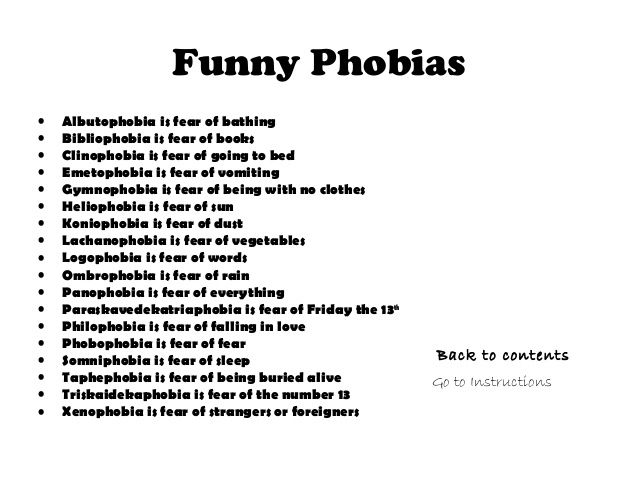
- Do you have a fear of dentists, hospitals, and even sickness or illnesses? Some or all of these other types of fears are commonly combined with a fear of doctors.
If you experience any of the above you should talk to a therapist about your fear. They will be able to tell you if your anxiety and nerves about visiting the doctor are actually a phobia.
What are some ways to help overcome a fear of doctors?
- If you are often afraid of going to the doctor, begin by asking yourself: Are you worried about a particular procedure or a diagnosis? Are you intimidated by doctors’ offices or hospital rooms? Would you be more comfortable with a different doctor?
- Find support. A therapist may be able to help you understand if your fear of doctors is rational. They can help you find the true source of your anxiety and educate you on how to best manage your fear.
- Bring a friend who can support you through doctors’ appointments.
 Perhaps a close friend or family member to provide moral support can help you get through the fear of a doctor appointment.
Perhaps a close friend or family member to provide moral support can help you get through the fear of a doctor appointment. - Get a new doctor or try another type of primary care provider. You may get along better with a new doctor, even a nurse practitioner or physician assistant. Consider finding a provider whose personality or outlook you prefer.
- In advance of an appointment, ask the doctor or health professional how many tests or procedures there will be so you know what to expect.
Managing any fear begins with understanding its source. If you’re not sure why you have a phobia of doctors, consider talking to a therapist for objective insight. The above tips on overcoming a fear of doctors may offer you some practical solutions.
Feeling Anxious About Seeing the Doctor? 7 Tips That Might Help
No one ever said that going to the doctor was a fun way to spend time. Between fitting an appointment into your schedule, waiting around in an exam room, and navigating the ins and outs of your insurance, a medical visit can be a hassle even under the best of circumstances.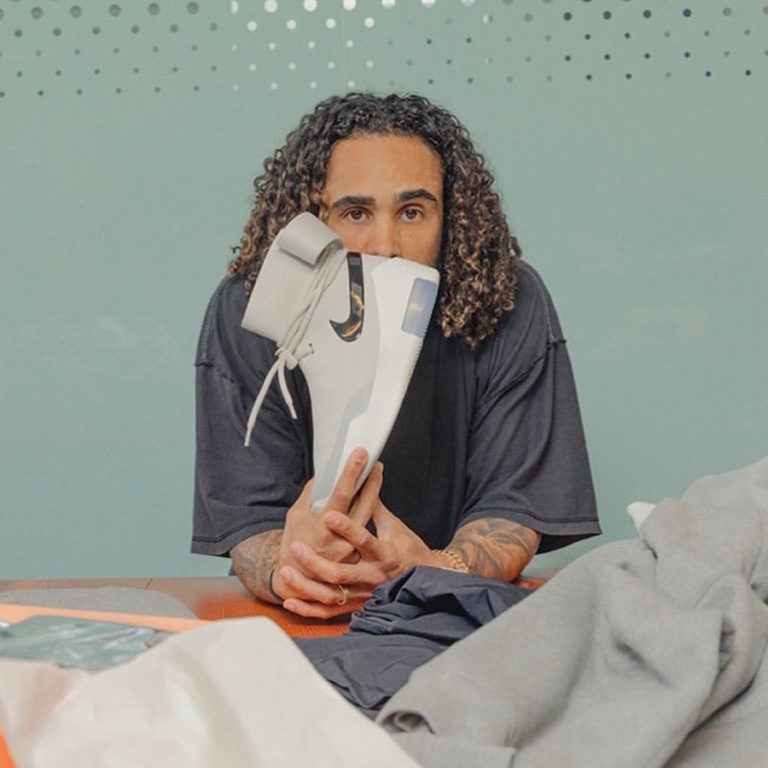
But for some, doctor’s appointments are more than just an inconvenience. A number of people have extreme anxiety about going to the doctor.
The fear of doctors, known as iatrophobia, is often strong enough to provoke “white coat syndrome,” in which normally healthy blood pressure soars in the presence of a medical professional.
Experts estimate that 15 to 30 percent of people whose blood pressure appears high in a medical setting experience this syndrome — myself included.
Though I’m a healthy 30-something (a nutritionist and competitive runner with no pre-existing conditions) my fear of the doctor’s office never fails. Every time I go to the doctor, my vital signs make me look like a heart attack waiting to happen.
For me, this temporary terror stems from medical trauma from my past. Years ago, suffering from a mysterious condition no one could seem to diagnose, I was passed around from doctor to doctor.
During that time, many doctors spent very little time trying to get to the bottom of my health problems — and some outright dismissed me.
Ever since, I’ve dreaded placing myself under medical care and harbor fears of misdiagnosis.
While my story is unfortunately not all that uncommon, there are plenty of other reasons people get anxious about visiting a physician.
In an effort to understand more about this pervasive issue, I took to social media to ask others about their experiences.
Like me, many pointed to negative incidents in the past as the reason for their anxiety around doctors, from not being heard to receiving the wrong treatment.
“I worry that doctors will brush off my concerns,” reports Jessica Brown, who experienced narcolepsy for six years before a doctor took her symptoms seriously.
Says Cherise Benton, “Two separate doctors in two separate facilities read aloud off my chart that I’m allergic to sulfa and went ahead and prescribed it to me.” Benton landed in the ER after dangerous allergic reactions to her prescriptions.
Sadly, some folks also face fears based on statistics about the level of care people in their demographic receive.
“As a black woman in America, I often worry that I won’t have my medical concerns listened to fully, or that I may be given a substandard level of care because of implicit bias,” says Adélé Abiola.
Another common thread among respondents was a feeling of powerlessness.
Those in the white coats hold our medical fate in their hands while we, the non-professionals, await their expertise.
“They know this secret about you that could change your life,” says Jennifer Graves, referring to the acute unease of waiting on test results.
And when it comes to our health, the stakes are often extremely high.
Nikki Pantoja, who was diagnosed with a rare cancer in her 20s, describes the inherent anxiety of her treatment: “I was literally relying on these people to keep me alive.”
With so much on the line, it’s not surprising that tensions can run high in our interactions with medical professionals.
Regardless of the causes that underlie our fears of visiting the doctor, the good news is that we can take action to mitigate our anxiety.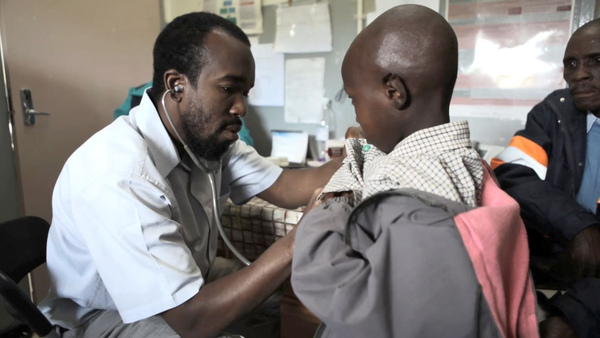
In an environment where we often feel powerless, it’s helpful to remember that our own emotional response is one thing we can control.
1. Schedule at a good time of the day or week
When scheduling a time to see your doc, consider the ebbs and flows of your own stress levels throughout the day or week.
For example, if you tend toward anxiety in the morning, it may not be worth taking that 8 a.m. appointment just because it’s open. Schedule an afternoon appointment instead.
2. Take a friend or family member with you
Bringing along a supportive family member or friend to an appointment eases anxiety in a number of ways.
Not only can a loved one serve as a comforting presence (and distract you from your fears with friendly conversation), they offer another pair of eyes and ears to advocate for your care or catch important details you might miss in your stressed-out state.
3. Control your breath
Under stress, although we may not be conscious of it, breathing becomes shorter and shallower, perpetuating the anxiety cycle. Invoke the relaxation response in the exam room with a breathing exercise.
Invoke the relaxation response in the exam room with a breathing exercise.
Perhaps you try out the 4-7-8 technique (inhaling to the count of four, holding the breath for a count of seven, exhaling for a count of eight) or simply focus on filling your belly — not just your chest — with each inhalation.
4. Try self-hypnosis
If your doctor’s office is like most, you’ll probably have plenty of time while you wait to take your relaxation even deeper.
Harness your attention and engage your senses with a calming self-hypnosis practice.
5. Mentally prepare ahead
Coping with medical anxiety isn’t necessarily limited to your time in the office. Prior to an appointment, set yourself up for emotional success with a bit of mindfulness meditation.
Specifically, try meditating on positive affirmations related to your concerns.
“I am the keeper of my own health” might be your mantra if you feel too much at your doctor’s mercy, or “I am at peace no matter what” if you fear a scary diagnosis.
6. Be honest about your anxiety
You’ve made a doctor’s appointment to talk about the state of your health — and mental health is a part of that picture. A good practitioner wants to know how you’re feeling, and how it affects you when you’re in their presence.
Being honest about your worries promotes a better relationship with your doctor, which will only lead to less anxiety and better care.
Plus, simply coming clean about how you’re feeling can break the tension and bring stress back to a manageable level.
7. Have your vitals taken last
If white coat syndrome makes your pulse race and your blood pressure soar, ask to have your vitals taken at the end of your visit.
Headed out the door with your health concerns addressed, you’re much more likely to feel at ease than during the anticipation of first seeing the doctor.
Sarah Garone, NDTR, is a nutritionist, freelance health writer, and food blogger. She lives with her husband and three children in Mesa, Arizona. Find her sharing down-to-earth health and nutrition info and (mostly) healthy recipes at A Love Letter to Food.
Find her sharing down-to-earth health and nutrition info and (mostly) healthy recipes at A Love Letter to Food.
5 ways to get rid of fear of doctors
Stories
Stories
Anna Polyakova
Editor (RB)
Veronica Elkina
For people with iatrophobia, the fear of doctors and hospitals, even going to a general practitioner becomes a difficult ordeal, not to mention dentists, visits to which can be really painful. Doctor Greg Gafney-Pappas spoke about the causes of iatrophobia and offered five ways to deal with it.
Veronica Elkina
What causes iatrophobia?
Iatrophobia is a fairly common phenomenon, familiar to at least 3% of people. In 2019In 1998, a study was published that identified three types of iatrophobia: fear of illness and physical examination, fear of the doctor's reaction, and fear associated with internal barriers.
In 2019In 1998, a study was published that identified three types of iatrophobia: fear of illness and physical examination, fear of the doctor's reaction, and fear associated with internal barriers.
At the same time, scientists came to the conclusion that patients are afraid of the doctor's reaction no less than a terrible diagnosis or an unpleasant procedure. People worry about being judged because of their sexual orientation, bad habits, poor lifestyle choices, being overweight, neglecting advice, and turning to unconventional therapies.
How to overcome fear of doctors
1. Don't avoid going to them
Psychologists say that avoiding scary situations only increases the fear of them. If you are afraid of the injection, try to remember a time when it was easy and come back to this memory for a few days before going to the clinic. By visualizing a positive experience, you will get used to the idea that nothing bad will happen.
Another way to get to a doctor is to promise a loved one to report back about the visit. Even talking about plans will make you feel responsible for taking this action. In addition, friends or relatives will support you before a difficult event, so it is worth informing them about going to the doctor in any case.
2. Get distracted
Try breathing exercises, mindfulness, and meditation—techniques you can learn on your own. Self-hypnosis can also be helpful, such as "I've had shots before and it didn't go too bad" or "If the worst happens and I get a serious diagnosis, I can handle my anxiety." If you can't deal with anxiety on your own, you can always seek help from a therapist.
Photo: Unsplash
3. Don't hide your fears
Tell your doctor about your fear, it will certainly help. Knowing the patient's fears, he will be able to change the treatment plan so that the person feels as comfortable as possible.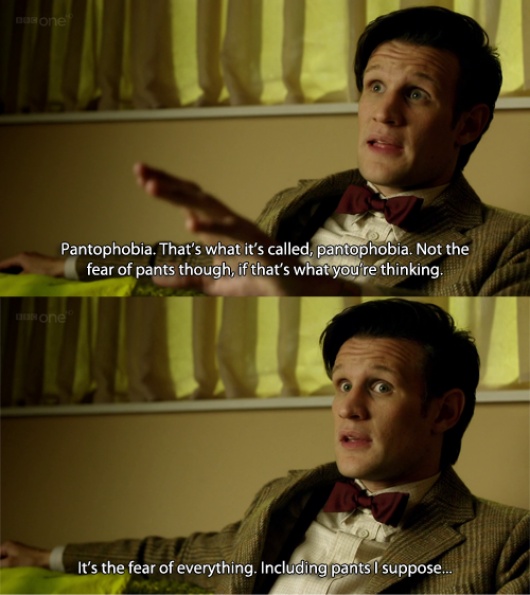
Role play with loved ones will help to rehearse this conversation. Let them be your doctor so you can practice describing your anxiety in conversation with people you know well.
4. For parents: start working with your child's fear as early as possible
Preparing your child for a doctor's appointment is very important. Tell him what will happen during the appointment - for this you can take children's books describing the clinic and procedures. Be honest: if an injection is planned, then the child should know about it. Depending on its nature, tell about it a few days before the visit or immediately before it. Empathize with the child and comfort him, and then reward him for his stamina.
Refusal to visit a doctor reinforces the idea in the mind of children that they cannot cope with fear, psychologists emphasize. A visit accompanied by supportive parents, on the contrary, demonstrates that fear does not define our lives and can be successfully overcome.
5. For extreme cases of iatrophobia: try exposure therapy
Exposure therapy is a type of cognitive behavioral therapy that confronts the patient with their fears. During exposure therapy, their strength is assessed and a hierarchy is built: it starts with the events that cause the least emotional response, and then moves on to stronger triggers.
Source.
- Lifestyle
Found a typo? Select the text and press Ctrl + Enter
Related materials
- one Researchers want to replace the squeak of medical devices with music and pleasant sounds
- 2 Why is it important for hospitals to monitor their cybersecurity
- 3 Treatment with virtual reality: how VR is currently used in medicine
- four The scientist created a virtual model of his organs to help doctors treat themselves
CAPABILITIES
November 16, 2022
Accelerator for social projects in Moscow
November 20, 2022
Olympiad in programming for schoolchildren "Technocup"
November 21, 2022
All-Russian competition "St.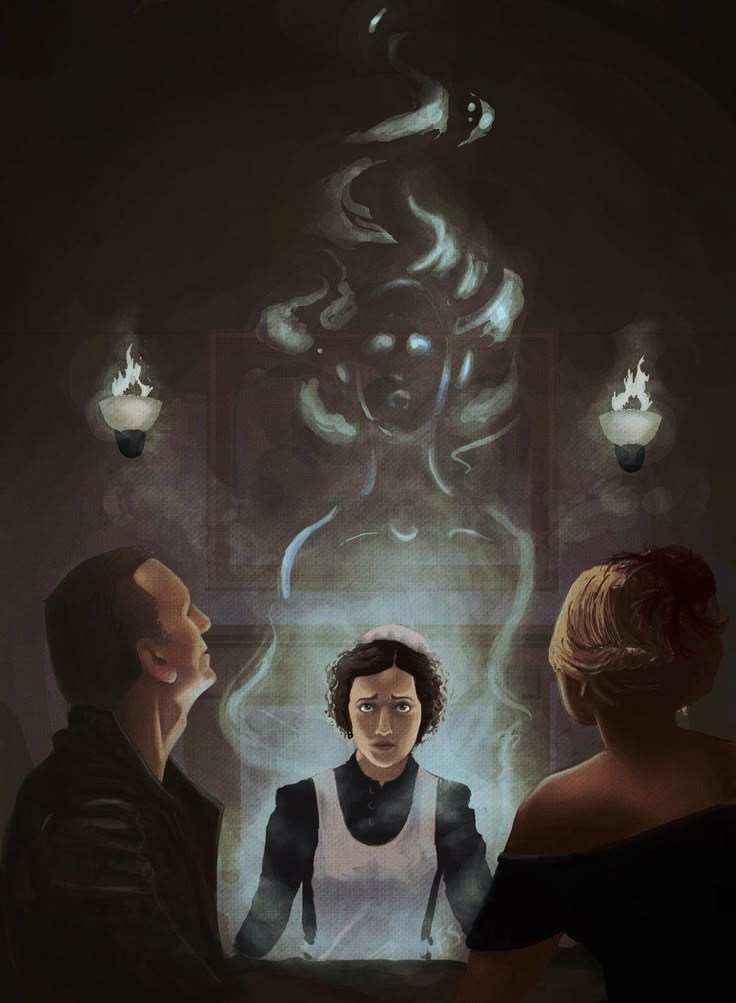 Petersburg State University Start-up - 2023"
Petersburg State University Start-up - 2023"
All possibilities
News
Named the top 10 Russian booking services that replaced Booking and Airbnb
News
Oleg Tinkov decided to renounce Russian citizenship
Lists and ratings
Who invests in Web3 in Russia
Speakers
Memory training: tips and exercises to help keep the brain in good shape
Archive rb.ru
How to get sick leave if you are not sick
I don't want to be treated. How to stop being afraid of doctors?
Most of us really don't like going to the doctor. To some doctors, we practically need to be “driven with a stick”, and some narrow-profile specialists are completely taboo. In fact, it is not only proctologists.
To some doctors, we practically need to be “driven with a stick”, and some narrow-profile specialists are completely taboo. In fact, it is not only proctologists.
What scares us and makes us put off visiting the doctor?
-
Uncertainty. A person who feels something is wrong with his health or knows that the time has come for a second visit to the doctor for a follow-up examination of a person often has thoughts like this: “I don’t know if I will get to an experienced and competent doctor, what kind of diagnosis he will give me, what will I do if this is a dangerous disease, and if some dangerous procedures are performed on me or the medicine is prescribed incorrectly.
-
Shame. The patient may be horrified to think that during a consultation with a doctor he will have to tell him in detail about his problems, undress, ask and clarify some details of the therapy process.
-
Waiting for pain. The following thoughts often swarm in the head of a potential patient: “What if even the examination will be painful, if so, how much pain I will experience, it will suddenly be very, very painful, and if then I will be prescribed some kind of painful procedure, and suddenly - even operation.
 "
"
Perhaps you have something to add to this list? Or, on the contrary, reduce?
Here are some tips to help you get rid of negative experiences. Please write to us about whether they helped you. Or not really? Don't forget to write to us! Share your experience and recommendations. Perhaps you have already read some useful article or book on this topic?
Is it possible to overcome fears?
-
Task #1 is to recognize the problem. You should think that the reason for constantly postponing a visit to the doctor is precisely fear. However, you are well aware that you have something to discuss with a specialist and only a doctor's appointment will help you get rid of your worries.
-
Task #2 is to be informed. In order not to torment yourself with doubts, you can find out or read in advance how the appointment will take place and how to properly prepare for it, which results of tests and studies you need to take with you, and which you will not need.
 Unfortunately, finding reliable medical information on the Internet is a rather difficult task.
Unfortunately, finding reliable medical information on the Internet is a rather difficult task. -
Task #3 is to find a good doctor you can trust. In solving this problem, reviews on the clinic's website or those of your friends who have already had experience of treatment by a particular specialist can help you. In such cases, you will know that you are going to a doctor you know and have chosen yourself.
-
Task number 4 is to plan. Before visiting the doctor, think over and formulate: what complaints you have, what questions you need to ask. You can write them down if you are afraid of forgetting. Don't be embarrassed that some doctors mentally roll their eyes when they see a patient with a list of questions on a piece of paper. When communicating with you, the task of a good doctor is to correctly diagnose and give all recommendations about the treatment you need. And the fact that you had a piece of paper in your hands, he will forget in just an hour.



